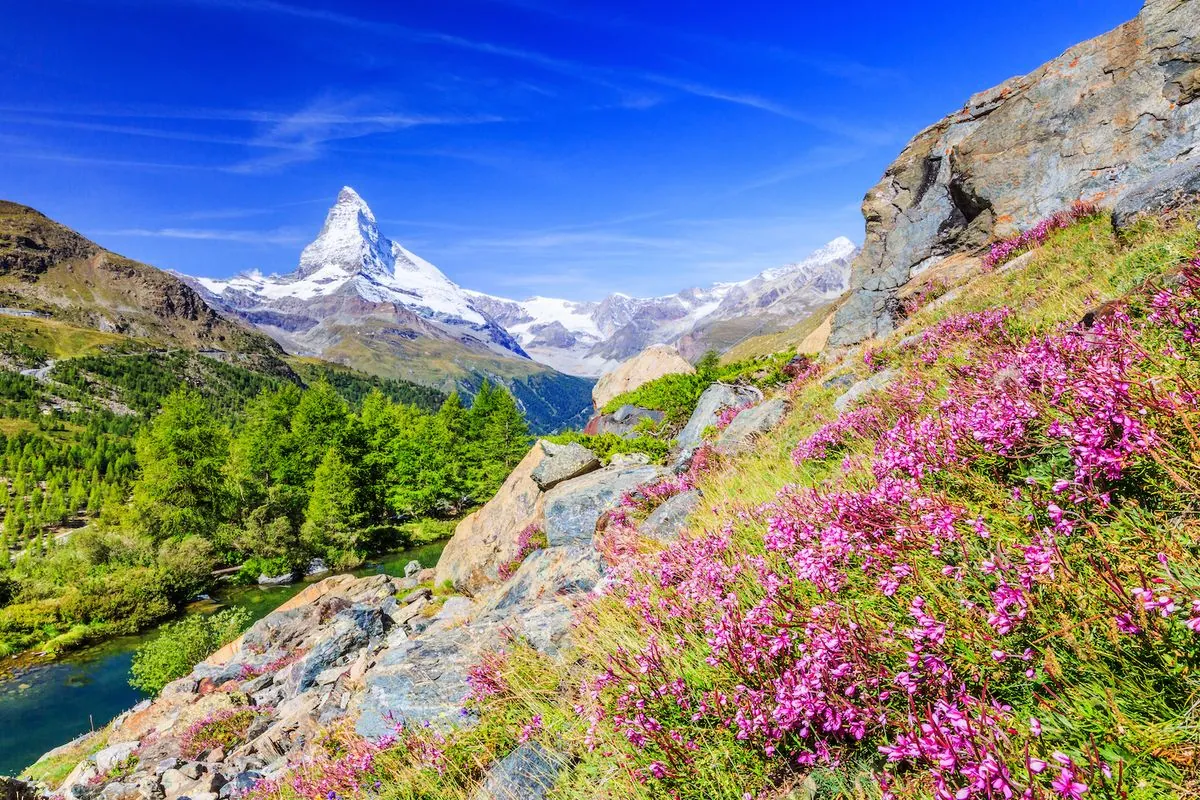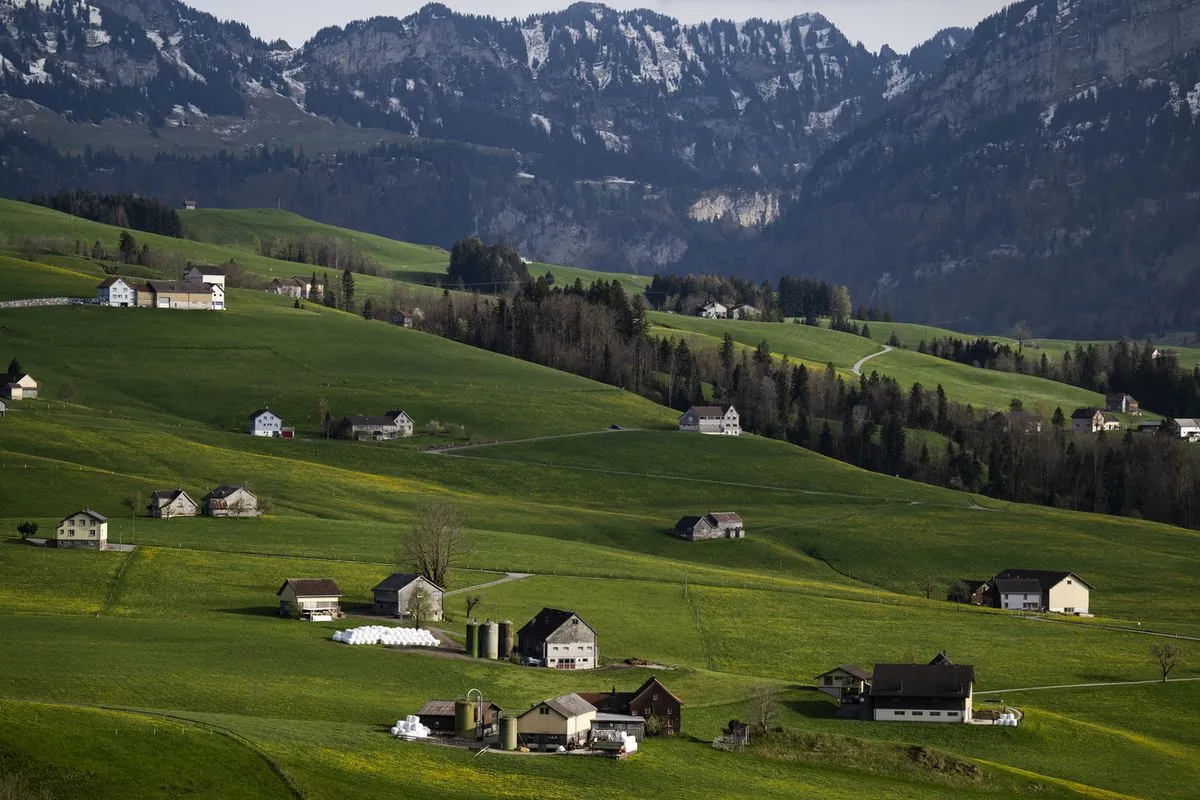Swiss Biodiversity Vote: Balancing Nature and Economy
Switzerland faces a crucial referendum on biodiversity protection. The initiative proposes increased funding for conservation, but faces opposition due to economic concerns. Polls show declining support as voting day approaches.

Switzerland, renowned for its picturesque landscapes and Alpine peaks, is confronting a significant challenge to its biodiversity. A nationwide referendum, scheduled for September 24, 2023, aims to address this issue by proposing enhanced protection measures for the country's plant and animal life.
The initiative seeks to increase public funding to encourage farmers and landowners to allocate more space for wildlife habitats and expand protected areas. However, recent polls indicate waning support for the proposal. A survey conducted by gfs.bern for the Swiss public broadcaster on September 11, 2023, showed a decline in support from 51% in mid-August to 46% in early September.
Opposition to the initiative comes from various quarters, including the federal government, rural voters, and the country's primary right-wing party. Critics argue that the proposal is excessively costly and could hinder economic development. The Federal Council estimates that implementing the initiative would require an additional 400 million Swiss francs from national and local governments, on top of the 600 million francs already allocated annually for biodiversity protection.

Opponents of the initiative contend that it could limit sustainable energy and food production, restrict tourism in rural areas, and increase construction costs. They argue for a balanced approach to biodiversity protection that doesn't compromise economic interests.
Conversely, proponents emphasize the critical state of Switzerland's natural resources and the threats faced by various species, including bees, frogs, and birds. They argue that protected green spaces are vital for tourism and local economies. The initiative's supporters stress the importance of biodiversity in maintaining air quality, water purity, and food security.
Switzerland's biodiversity challenges are significant, as highlighted by the Organization for Economic Cooperation and Development (OECD). The country ranks among the top four nations with the highest rates of threatened species across eight wildlife categories, underscoring the urgency of conservation efforts.
"Diversified nature guarantees air purity, drinkable water, pollination, fertility of the soil, and our food supply. But in Switzerland, biodiversity is suffering. One-third of all our plant and animal species are threatened or have already disappeared."
This referendum is part of Switzerland's unique system of direct democracy, where citizens vote on policy issues four times a year. The country's commitment to environmental protection is longstanding, with the Swiss National Park, established in 1914, being one of Europe's first national parks.
As voting day approaches, the outcome remains uncertain. The decision will reflect Switzerland's ability to balance its commitment to environmental conservation with economic considerations, potentially setting a precedent for other nations grappling with similar challenges.


































